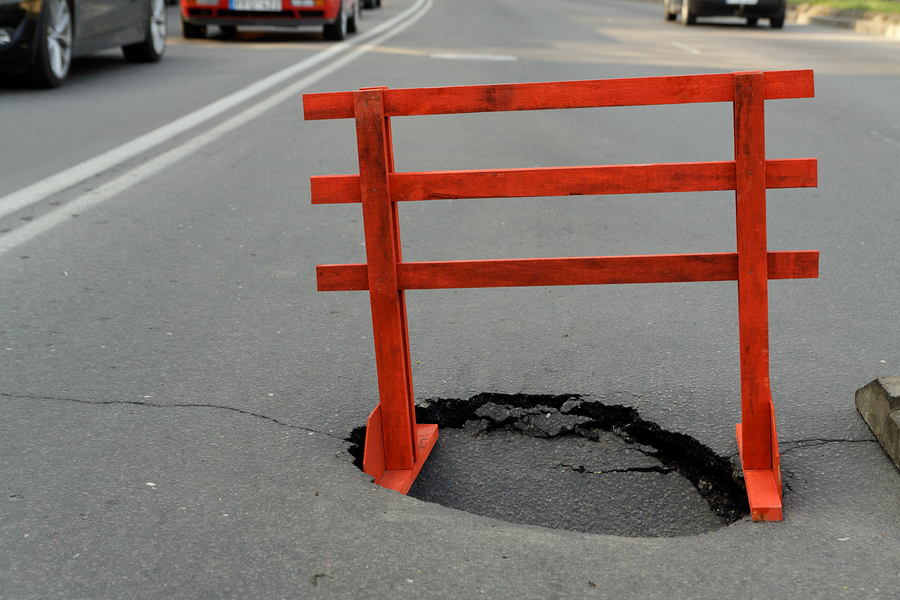by Theresa Bradley-Banta
I rarely write attention grabbing, dramatic headlines. My goal isn’t to entice gobs of visitors to an article, it’s to offer real and valuable advice to real estate investors looking for new and creative inspiration for success.
Fluff and drama don’t cut it. And negative articles generally fall short of being very helpful. In spite of the headline this is actually a positive post. Why? Because if you are proactive and recognize the warning signs that your property manager is losing control you’re less likely to run into major problems and financial disaster.
I’ve seen it happen. Even the most dedicated and professional property managers can get into trouble. And sometimes you—the property owner—are the last to hear about it.
Here’s what you should watch for:
Excessive Cash Calls
A cash call is when your property manager contacts you and says, “Hey, I hate to bother you but we need a couple thousand dollars to get caught up on operating expenses.”
Multifamily real estate is an income-producing asset. When operated properly, income should be sufficient to cover expenses. Cash calls should rarely occur.
The fix: Prepare an Annual Operating Budget for your property. Review it with your manager on a monthly or quarterly basis. Read the linked article for information on how to create a budget and set performance guidelines for your property manager. Your manager should also provide an Accounts Payable Aging report that includes invoice amounts and days in aging period (30, 60, 90 days).
High Delinquencies and Collections
When tenants fall behind on rent payments it frequently becomes very difficult for them to catch up. You will continue to lose revenue the longer the delinquency persists—often revenue that can never be collected, even through legal proceedings.
Often the best course of action is to take immediate action and serve the tenant with a Notice to Quit. Be certain you and your management company are on the same page about how to deal with tenants who fall behind in payments.
The fix: Your monthly reports should include a Master Rent Roll that shows rental amounts collected and the balance due for each rental unit in your property. You should also request that your management company prepare monthly Collection and Tenant Aged A/R Trial Balance reports.
Increasing Vacancies
A property that is 100% occupied is nice although you might not always reach that pinnacle of perfection. Your property should at minimum match the vacancy rate for your local rental market. The minute the vacancy rate at your property falls below market averages, talk with your property manager.
The fix: Review your property Rent Roll every month without exception. Review your Leasing and Marketing Plan with your management company.
No New Lease Renewals
As you review your Rent Roll and tenant reports, look for lease renewals. These are tenants who choose to renew their lease and continue residing at your property. If your tenants are moving out at their first lease anniversary date, rather than renewing, you need to know why.
The fix: Your operations policies should include lease expiration and unit turn management. Are residents being contacted 60 days before their lease comes up for renewal? Do you have a plan for quickly turning units once a tenant has moved? It’s also a good idea to offer pre-leasing to prospective residents—to build a waiting list for units at your property.
Tenants Are Approaching You With Problems
Have you ever visited your property and had tenants run up to you and ask if you are the owner? And when they do, are they complimentary about your property or are they bringing a long list of complaints to your attention?
Residents should never have to wonder who to contact.
The fix: Establish maintenance response times and a work order management system at your property. Create and distribute a community rules and regulations handbook that includes the proper procedures and channels for tenant complaints.
Online Complaints
When was the last time you Googled your property address?
The fix: Implement policies for policing online reviews and comments about your property. Your policy should include a plan for responding to every comment posted online.
And speaking of policing, do you know what the police are up to at your property? Most police calls happen at night when your property manager is not around. Read The Police and Your Multifamily Property.
Your Job
The most critical foundation for managing your property manager is good, timely and accurate reporting. Read the reports. Meet with your manager on a regular basis to discuss property operations and proactive management strategies.
Think of it this way. Your property manager oversees daily operations. You, as a smart investor, manage your asset—this includes managing your team.
Read These Related Articles
How To Manage Your Multifamily Property Manager
Creating an Annual Operating Budget for Your Multifamily Property
Multifamily Property Checklist: An Owner’s Guide for Operating Apartment Buildings
***
Latest posts by Theresa Bradley-Banta (see all)
- Multifamily Common Areas Maintenance & Management Tips - March 31, 2020
- 8 Tenant Gift Ideas That Will Boost Your Bottom Line - November 11, 2019
- Need a Package Delivery System at Your Multifamily Rental Property? - October 28, 2019




Great Website! I learned alot of vauable information, that I’m able to utalize in my career in the Real Estate industry.
Glad to hear it! And thanks much for taking the time to say so 🙂 Nice meeting you.